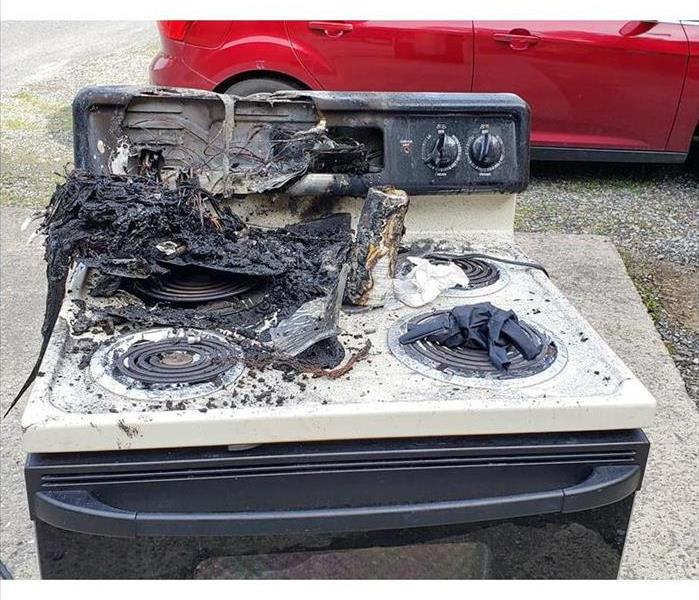Steps to Prevent Commercial Kitchen Fires
1/9/2023 (Permalink)
Cooking is one of the most common causes of fires in commercial kitchens. With proper training and planning, you can reduce the risk of a fire by keeping your kitchen clean and maintaining your equipment.
Make Sure All Cooking Equipment is in Good Condition
To prevent commercial kitchen fires, you should make sure that all cooking equipment is in good condition. This includes checking the age of the equipment and making sure it hasn’t been damaged by heat or water damage. You should also check that it operates properly and has been maintained properly. It should have proper safety features such as automatic shut-off switches or flame detectors, as well as fire protection features such as sprinkler systems or firewalls between areas where combustibles are stored and cooking areas.
Have Your Equipment Serviced Periodically
You will also want to perform regular maintenance on your equipment. Many cooks choose to have their gas ranges serviced annually, as this can prevent common issues like carbon buildup and clogged pilot lights. If you are using a wood-burning oven, it is recommended that you have it inspected every two years by a professional.
Other than having your equipment serviced, there are several steps that you can take in the event of an actual fire in the kitchen:
- Call 911 right away if the issue is too big for yourself or someone else to handle on their own.
- If possible, put out small fires with baking soda or salt — remember that water may cause electrical fires!
Keep the Kitchen Clean
Cleanliness is an important part of keeping your kitchen safe. Wiping down surfaces, especially those that are near grills or ovens, can help prevent fire from starting in the first place. It's also important to keep your grease traps clean and free of debris like food scraps and paper towels; if they get clogged with debris and start building up grease, you might end up with an even bigger mess on your hands. Make sure to regularly clean out any grease buildup in drains as well; this will help prevent fires from starting because there won't be enough room for excess oil when it drains down into the sink. Finally, make sure all exhaust fans are functioning properly so that smoke escapes but doesn't build up in your kitchen space.
Train Staff
Train staff on how to deal with fire emergencies. Your employees must know what to do in the event of an emergency, such as a fire alarm or kitchen fire. This includes evacuating people from the building and calling 9-1-1 for help.
Train staff on how to respond to fire alarms. Make sure everyone knows where their designated exits are in case of an emergency, including which doors should be opened first if there is smoke or other obstructions in the way.
Train staff on how to evacuate the building during an actual fire. If there truly is a kitchen fire, all employees should know exactly where they are supposed to go in order not only to provide them with enough information but also to make sure they're safe as well!
Create an Emergency Plan
An emergency plan is a formal document that details the procedures for handling an emergency. This includes identifying the different types of emergencies that could occur in your commercial kitchen and knowing what to do in each type of situation. The plan should also include a section on evacuating the building and contacting the fire department, police, or ambulance if needed.
A kitchen fire can be a dangerous and costly event. But if you follow these steps, you can prevent it from happening in your commercial kitchen.




 24/7 Emergency Service
24/7 Emergency Service